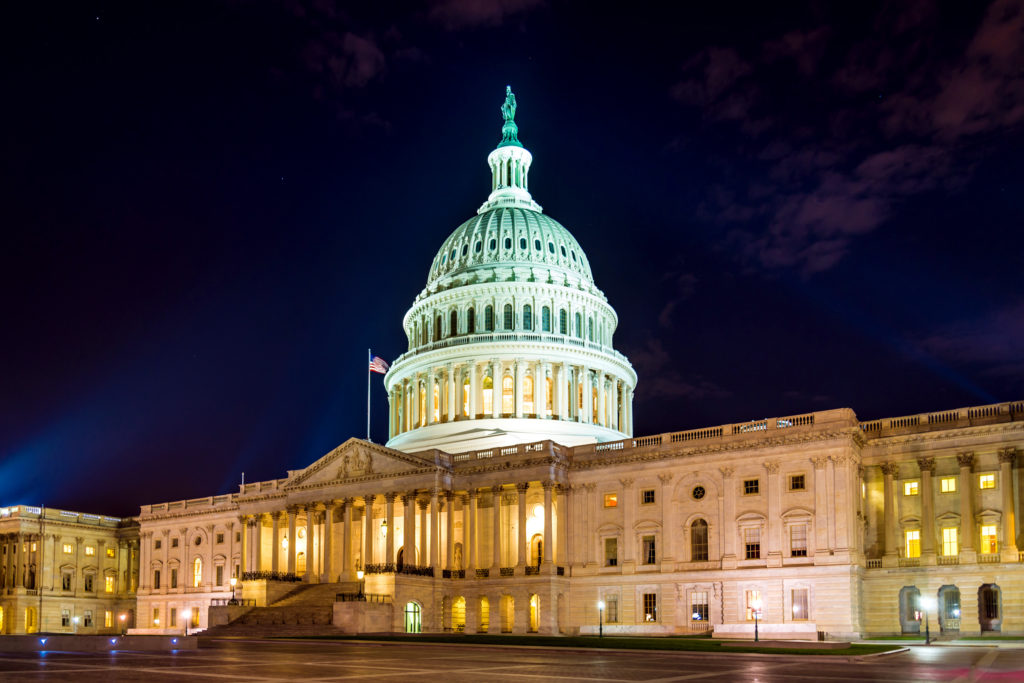New Congress Should Address Labor Reform

This op-ed column was originally published at NewsOK.com
Rick Berman, CUF Executive Director
When Congress convenes in January, labor reform should be at the top of the legislative agenda.
If Election Day sent any message, it is that blue-collar employees want their elected officials — including labor leaders — to heed their concerns instead of playing politics as usual. According to a Rasmussen poll conducted before the election, only 20 percent of likely U.S. voters believe union bosses “do a good job representing union members.” Nearly 60 percent of voters claim that union bosses are “out of touch” with most of their members around the country. Even among current or former union members, only 25 percent have a favorable view of union leadership.
It’s easy to understand why. American labor law hasn’t been substantially since the Taft-Hartley Act of 1947, leaving employees stuck in undemocratic workplaces where union bosses hold inordinate power over the workforce. While organized labor represents 8 million employees nationwide, only about 478,000 of them — 6 percent — voted for union representation at some point in their careers and remain employed by the company at which they voted.
Union leadership is largely passed down over the generations, voted into power by a workplace of the past and held in place even when the workforce experiences substantial turnover. Worse yet, employees are not guaranteed recertification votes to reassess their union representation.
Union bosses have capitalized on the status quo to exert outsized political influence, despite their members’ political preferences. According to newly released Center for Union Facts research, Big Labor sent nearly $530 million to Democrats and closely aligned liberal special interest groups from 2012 to 2015 — 99 percent of their entire advocacy budget. The Democratic Governors Association received over $10 million, while Catalist — the Democratic Party’s go-to data firm — raked in more than $7 million. Advocacy groups run by Al Sharpton (National Action Network) and Jesse Jackson (Rainbow PUSH Coalition) received hundreds of thousands of dollars in recent years.
Yet 2016 exit polls indicate that 43 percent of those in union households vote Republican. In states like Ohio, a substantial majority of union household voters supported the Republican Party while union bosses funneled millions of mandatory dues dollars the other way.
You read that right: The $530 million in advocacy spending comes straight from member dues — still mandatory in non-right-to-work states — and is theoretically reserved for collective bargaining purposes. But current labor law permits union bosses to bankroll implicitly political causes while disguising it as worker advocacy. It leaves the substantial minority of union members who vote Republican footing a political budget incompatible with their beliefs.
This points to the gradual evolution of unions from worker advocacy organizations to Democratic Party subsidiaries — increasingly beholden to Democrat elites instead of blue-collar employees.
With worker voice floundering, legislators can take action through the Employee Rights Act (ERA), an immensely popular bill reintroduced in the 114th Congress. The ERA, currently supported by 170 members of Congress, would update American labor law with eight basic reforms that hold union bosses more accountable to employees. The legislation would guarantee secret-ballot union elections and periodic recertification elections when a workplace has experienced significant turnover. This would force union leadership to face a revote, determining if labor officials are still supported by union members. Perhaps most importantly, the ERA would require union bosses to obtain opt-in permission from their members before spending dues dollars on political activities unrelated to collective bargaining.
It’s no wonder the bill’s key provisions, including protection from unapproved political spending, register over 80 percent approval among union households.
At a time when Americans are desperate for change, the Employee Rights Act would put it in writing.